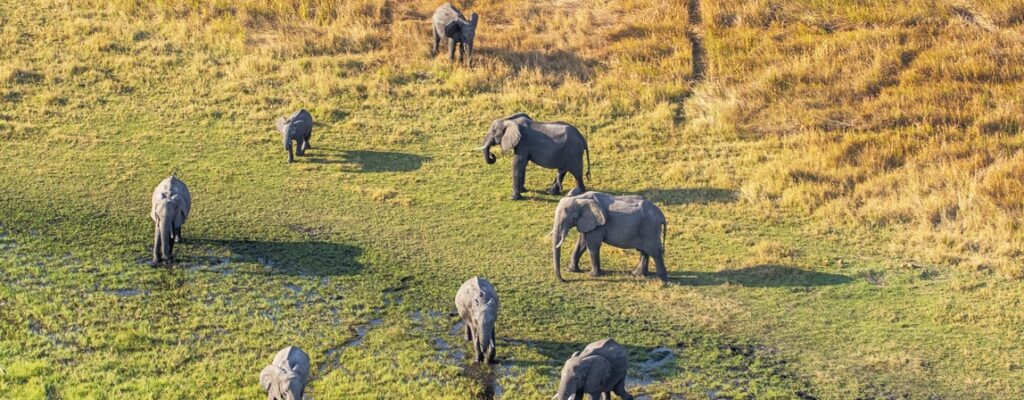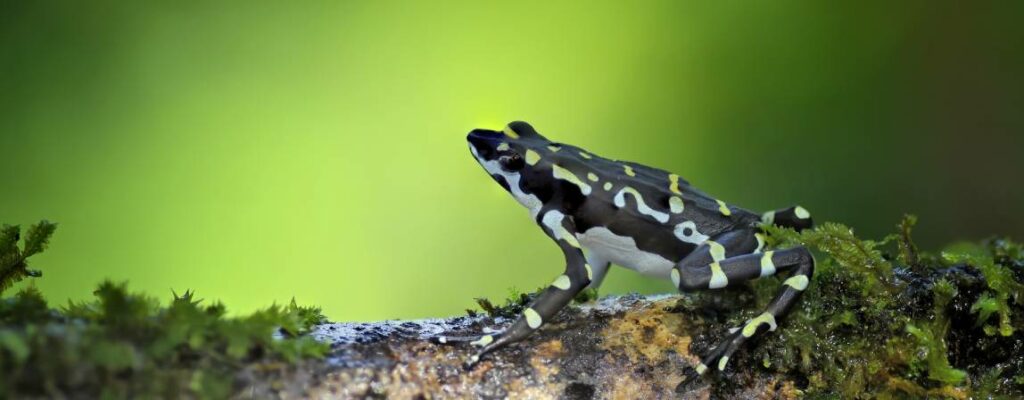Perspectives Posted on 2024-07-30 11:53:26
WOAH actions
Bringing wildlife health into WOAH’s core work programme
Wildlife provide valuable ecosystem services and contribute to the health of humans and domestic animals. Wildlife should not be classed or stigmatised as a disease reservoir or vector.
The WOAH Wildlife Health Programme recognises these principles and is an integral part of advancing our mission to improve animal health and welfare worldwide.
The evolution of WOAH’s wildlife programme involved the formation of a Working Group on Wildlife nearly 30 years ago [1]. Since then the programme has seen the progressive international establishment of: WOAH Collaborating Centres on wildlife and biodiversity; the maintenance of a wildlife disease information system (WAHIS−Wild); the designation of a WOAH National Focal Point for Wildlife in each Member Country; and, more recently, the implementation of field activities such as the EBO-SURSY project (originally for Ebola surveillance), which aims to strengthen early detection systems for zoonotic wildlife diseases.
Alongside these developments, WOAH is building a stronger sustainable wildlife health programme by establishing a dedicated team at HQ and across its regions. The team’s goal is to deliver a strategy, the Wildlife Health Framework [2], which focuses on protecting wildlife health through a One Health approach. This framework was adopted into WOAH’s core work programme with a Technical Item on One Health resilience and the passing of a Resolution at the General Session in 2021 [3].
The Wildlife Health Framework is underpinned by science − not only biology and veterinary science, but also social and anthropological science. We recognise that wildlife health can only be improved through effective science–based methodologies, robust partnerships, and by changing attitudes and behaviours.
https://doi.org/10.20506/bull.2024.1.3495











